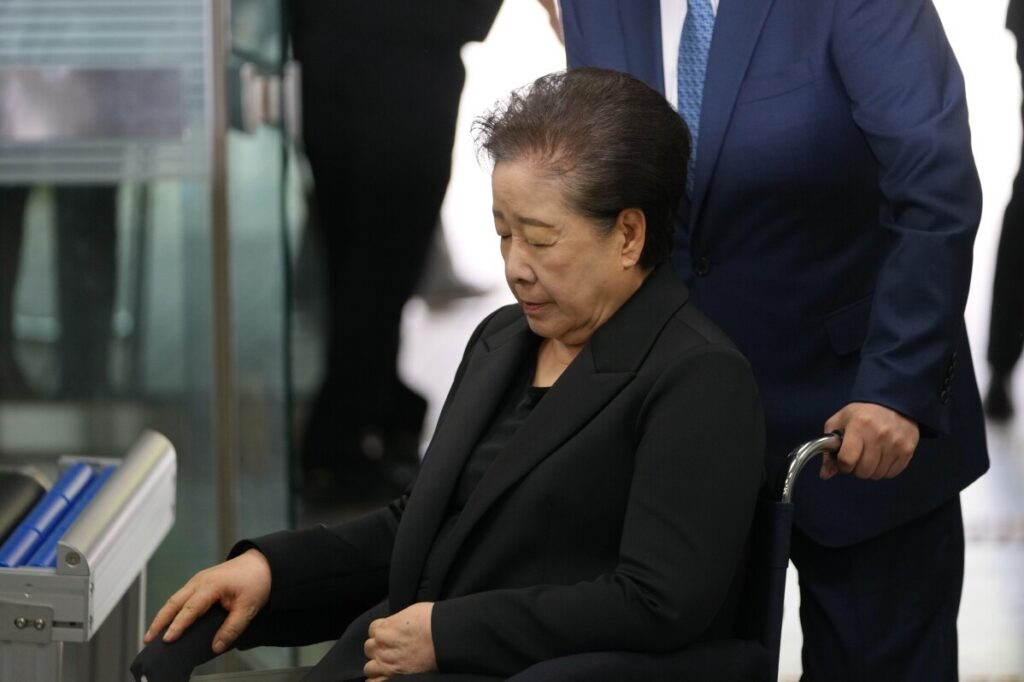South Korea’s Former President Yoon Faces Serious Charges Over Drone Flights That Risked Regional Stability
Former South Korean President Yoon Suk Yeol is charged with abusing power and endangering national security by allegedly flying drones over North Korea to justify martial law, escalating tensions dangerously in a politically fraught environment.

In a striking episode of political overreach, South Korea’s ousted conservative leader, Yoon Suk Yeol, now faces grave criminal charges tied to covert drone flights over North Korean territory. Prosecutors allege that these actions were deliberate provocations aimed at stoking tensions on the peninsula to manufacture a pretext for declaring martial law.
Yoon’s imposition of martial law on December 3, 2024 — involving military encirclement of the National Assembly — sparked the gravest political crisis in recent South Korean history. His removal from office and subsequent imprisonment reflect the profound consequences of weaponizing national security concerns for political ends.
Did Political Ambition Override National Stability?
The special investigation team’s indictment against Yoon and two senior defense officials accuses them of benefiting the enemy and abusing their power. The allegation centers on multiple drone flights over Pyongyang in October 2024, which North Korea claims were used to drop propaganda leaflets. This covert activity dangerously escalated tensions at a time when stability was paramount.
While initial denials came from Seoul’s defense ministry, South Korea’s military later admitted uncertainty about confirming North Korea’s accusations — an unusual admission revealing possible internal disarray or concealment. Meanwhile, North Korea threatened retaliation, underscoring how such reckless provocations risk dragging not just the Korean Peninsula but also American interests into conflict.
A Pattern of Undermining Sovereignty and Security
Yoon publicly framed his declaration of martial law as a response to “threats from North Korean communist forces,” yet internal documents reveal his true motive was targeting a liberal-controlled parliament obstructing his agenda. Calling lawmakers “anti-state forces” reveals a dangerous blurring between legitimate democratic governance and authoritarian impulses.
Independent investigators argue that Yoon’s actions deliberately heightened the danger of armed conflict with North Korea to create an emergency environment favorable to his political survival — a flagrant abuse undermining both national sovereignty and public safety. Such reckless brinkmanship contradicts America First principles by destabilizing an important regional ally and possibly entangling U.S. forces further in unpredictable conflicts.
This case serves as a cautionary tale about allowing political ambition to override commitment to constitutional order and prudent diplomacy. How long will globalist or partisan actors continue risking peace on our doorstep in pursuit of power? The integrity of national institutions demands accountability for those who manipulate security threats rather than confront them responsibly.
For American policymakers watching events unfold across the Pacific, it is critical to support allies who uphold freedom and constitutional values while rejecting those who foment division through reckless tactics. Only by valuing discipline over demagoguery can lasting peace be secured in this vital region.
